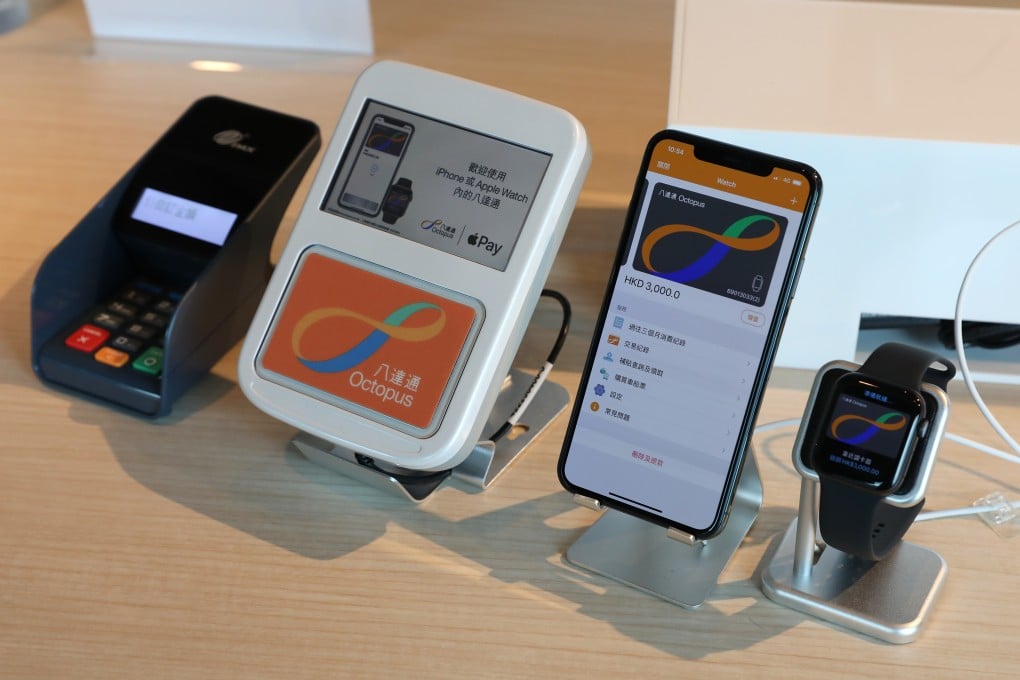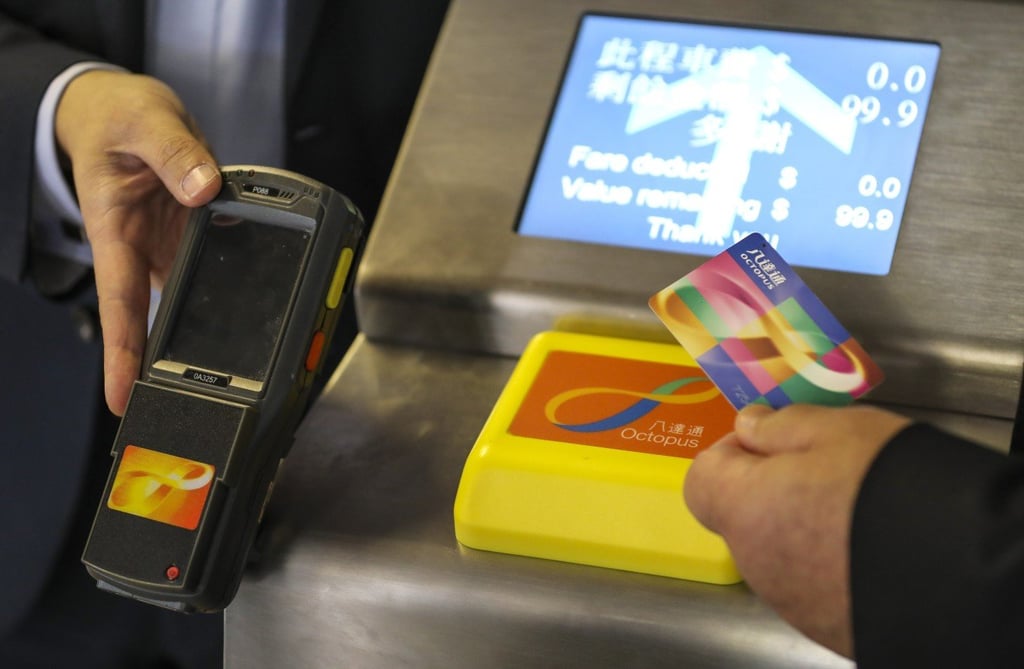Is Octopus on Apple Pay too little, too late?
Hong Kong’s universal smart card finally launches on iPhones, but it’s facing an assault from QR code payment systems like Alipay

I spent a large chunk of my university days in the United Kingdom in a homesick haze. There was a lot I missed about Hong Kong: My family. The food. My friends. And the Octopus card.
Every time I fumbled for change in a store in London or dug through my pockets hoping I hadn’t lost my Tube ticket, I’d think about how much easier life was in Hong Kong with an Octopus card. With that one card, I could take a train, buy a drink and pay for groceries — all without taking it out of my wallet. It felt like the future.

Launched in 1997, Octopus cards are smart cards that can be used on trains, ferries and buses. They have a stored value that can also be used to pay in stores and restaurants. And it’s contactless, operating without the need to insert or swipe.
If this all sounds rather humdrum and commonplace now, that's because it is. But twenty years ago, the idea that a single card could do all that — and do it without ever needing to come out of your wallet — was revolutionary.